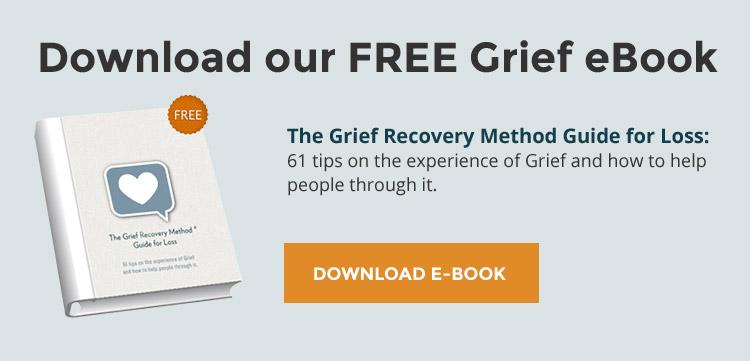
Do Father's Day posts on social media make you want to crawl under the covers until the day is over?
Do Father’s Day commercials make you feel sad or angry?
Do you wish Father’s Day would be over already, so you would stop being reminded about your dad?
Even though Father’s Day is a happy occasion for many people, it can bring up painful or negative feelings for others.
Whether the day reminds you of a loving father who died, a less than loving father who wasn’t there the way you needed him to be, or if you’re a father who can’t be with your child for any reason, those are all losses that could make Father’s Day difficult. If the day brings up negative feelings then you might be experiencing unresolved grief.
Unresolved grief can have a long term negative impact on your life. Grief is cumulative and cumulatively negative. Grief not only affects current relationships, but it affects future relationships, your work, health, and even hobbies. The intensity of your feelings may lessen over time, but grief doesn’t heal on its own.
Here are some signs you might have unresolved grief around your dad:
- Do you refuse to talk about him?
- Do you feel angry or sad when you think about him?
- Do you avoid places that remind you of him?
- Do you put your dad on a pedestal or only see his negative qualities?
- Do you avoid watching movies, eating foods, or going to places that remind you of him?
- Do you avoid contact with him?
Have you ever wondered what life would be like if you weren't carrying around the pain from your relationship with your dad?
If you’re like most people, you were never taught how to heal your broken heart. Although there are plenty of articles, and well-intentioned people, who will share a list of ways to change your feelings short term, they never show you how to truly recover. Frankly, if you want to recover from grief then you must have the courage to do the work.
The first step is admitting that you want help.
- Talk to someone you trust. Tell the truth about yourself. Ask them not to judge, criticize, or analyze (then don’t judge, criticize, or analyze yourself either).
- Get started with The Grief Recovery Method by either getting a copy of The Grief Recovery Handbook, reading more of our blogs, looking into our 2 ½ Day Personal Workshops, Grief Support Groups, or 1-to-1 sessions.
- If you’re already familiar with The Grief Recovery Method then remember that it’s an ongoing process. Consider diving back in.
Imagine the freedom of living without constant emotional pain. You don’t have to live that way.

Here are more blogs you might like:
Holiday Grief Support: Father’s Day - My Dad, Babe Ruth, and the ball that's still in orbit
A Veterans Journey to Healing: Being Strong, Resilience and New Tools
Grief Recovery Is An Ongoing Process!
Photo: 123rf.com
























Add new comment